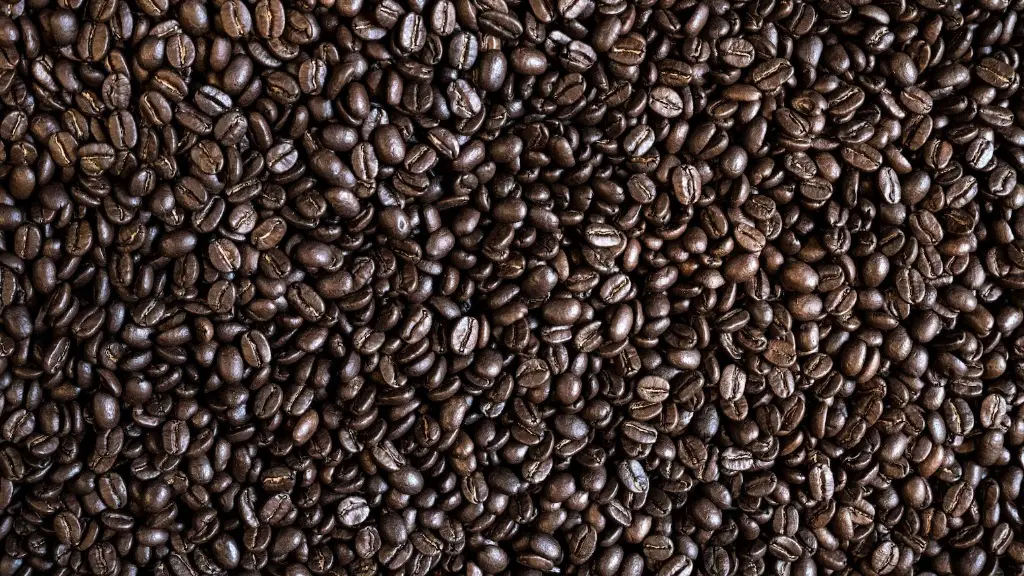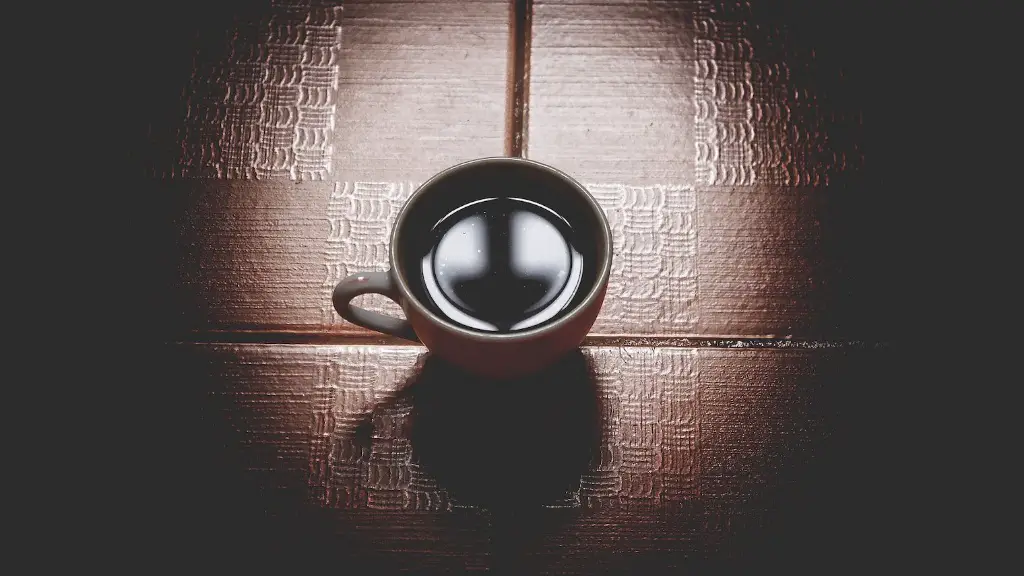Pregnancy is a time of great joy and anticipation. You are a mother-to-be, and your baby’s health is your top priority. There is a lot of advice out there on what you should and should not do while pregnant – the most common being whether or not it’s okay to drink coffee while pregnant.
Caffeine is a stimulant drug found in coffee, tea, energy drinks, and even chocolates. Although caffeine is generally considered safe for consumption in moderation, too much caffeine can be problematic during pregnancy. Some studies have suggested that too much caffeine may be linked to miscarriages and lower birth weights in newborns. While more research is needed to fully understand the risks of caffeine to pregnant women and their babies, it’s better to err on the side of caution by avoiding coffee, or limiting your coffee intake.
According to the March of Dimes, it’s safe for pregnant women to consume up to 200 milligrams of caffeine a day, which is about two 8-ounce cups of coffee. However, it’s worth noting that you could get that amount from other sources of caffeine, such as soda, tea, and chocolate. For reference, an 8-ounce cup of coffee contains 95 milligrams of caffeine and an 8-ounce cup of black tea contains 47 milligrams of caffeine. Therefore, if you’re having more than two 8-ounce cups of coffee per day, you should consider cutting back or eliminating caffeine altogether.
If you’re still not sure whether you should drink coffee while pregnant, it’s a good idea to speak with your healthcare provider. They can look over your medical history and provide personalized guidance on how much, if any, caffeine you should be consuming while pregnant.
Not only can drinking coffee during pregnancy lead to health risks, but it can also make it difficult to get the nutrition you need for your pregnancy. According to the American Pregnancy Association, caffeine is a diuretic, which means it can promote dehydration. Dehydration can negate some of the beneficial effects of the other nutrient-rich drinks and foods you should be consuming during pregnancy, such as milk and fruits. Plus, when you’re exhausted from pregnancy, it can be tempting to use caffeine to give you a bit of a boost of energy but that could lead to dehydration and could worsen fatigue.
In addition, research has linked too much caffeine to an increased risk of complications in pregnancy. Some studies have suggested that high levels of caffeine, or caffeine levels higher than 200 mg/day, may increase the risks of pregnancy loss, low birth weight, preterm birth, and congenital disabilities, including certain heart and neural tube defects. Some studies suggest that the risks may be even higher for women who are continuing to use caffeine throughout the pregnancy, rather than women who reduce caffeine intake before or during pregnancy.
Caffeine and Breastfeeding
It’s also important to note that caffeine can be passed on through breast milk and even accumulate in a baby’s system, so if you are breastfeeding it’s important to watch your caffeine intake. The American Pregnancy Association recommends limiting caffeine intake if you’re breastfeeding to around 300 milligrams per day. This is equivalent to around three 8-ounce cups of coffee. To be on the safe side though, it’s best to speak with your doctor or lactation consultant about what’s best for you. In addition, if you find that you’re experiencing symptoms of too much caffeine, such as jitteriness or insomnia, it’s best to limit your caffeine intake even more.
Options For Caffeine Alternatives
If you’re used to having several cups of coffee a day and want to wean yourself off caffeine, it can be difficult. Fortunately, there are plenty of caffeine-free options out there to replace your cups of coffee. For instance, you can try caffeine-free herbal teas or decaf coffee, which usually has lower amounts of caffeine than regular coffee. You can also try caffeine-free soda or add some fun flavors to plain water or sparkling water. There are also some sparkling caffeine-free drinks that contain electrolytes. For an extra dose of hydration and some sweet flavors, you can add fresh fruit to your water.
If you miss the taste of coffee, there are plenty of options to help you get your coffee fix without the caffeine. You can try caffeine-free coffee substitutes, such as chicory coffee, or a traditional postpartum drink like rosehip syrup. These options still have a great coffee flavor, but with none of the caffeine. You can also try flavored waters, medicinal herbs, and even caffeine-free energy drinks for a non-coffee option.
Conclusion
When it comes to caffeine during pregnancy, it’s best to err on the side of caution. Too much caffeine can lead to health risks for both you and your unborn baby. While it’s generally safe to consume up to 200 milligrams of caffeine a day, it’s always best to speak to your healthcare provider for personalized guidance. If you are trying to reduce your caffeine intake, there are plenty of options out there to keep your coffee fix, such as decaf coffee, herbal tea, and caffeine-free coffee substitutes.


